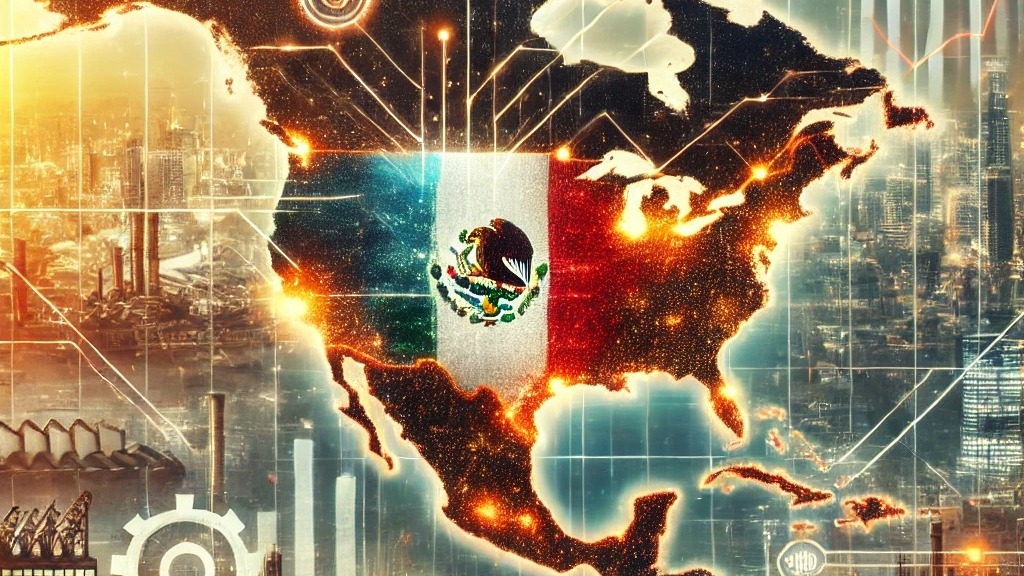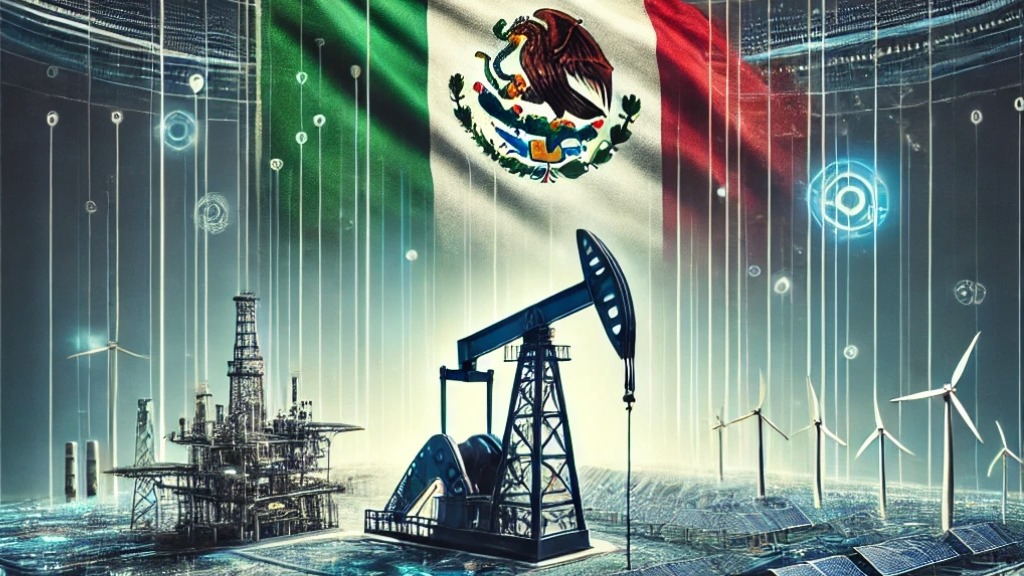Mexico freezes relations with U.S. and Canada after criticism of judicial reform: peso plunges.

As a result of the judicial reform, Mexico's conflict with the United States and Canada worsens after Andrés Manuel López Obrador put relations with both countries on hold until an apology is received. López Obrador also dismisses warnings from international rating agencies and banks.
The President of Mexico, Andrés Manuel López Obrador, has decided to put diplomatic relations with the United States and Canada on hold due to the criticism issued by the ambassadors of both countries regarding the judicial reform proposed by his government.
This suspension of diplomatic relations with two of Mexico's main trading partners raises questions about the possible repercussions for the economy and foreign investment in the country.
The conflict arose from comments made by Ken Salazar, U.S. Ambassador to Mexico, who expressed his concern about the impact of the judicial reform on Mexican democracy and the trade relationship with North America.
For his part, Graeme C. Clark, Canadian Ambassador, stated that the reform could affect the stability of the legal framework in Mexico, a crucial element to maintain the confidence of foreign investors.
Statements and warnings from the United States and Canada, as well as from international rating agencies and banks, underscore the importance of legal stability as a pillar for attracting foreign direct investment, a key factor for the country's economic growth.
Although Mexico's stance could be seen as "strong" in defending the country's interests against foreign powers, this same action could be perceived as a weakness from the point of view of economic stability.
This diplomatic pause between the three nations introduces uncertainty in trade relations and in the legal framework, factors that investors consider critical for making business decisions.
The situation also presents opportunities, such as the possibility of Mexico seeking to diversify its trade relations and reduce its dependence on the United States and Canada. This could spur the development of new markets and strengthen the Mexican economy in the long term.
However, the threats are evident, especially if diplomatic tensions are not resolved favorably. The perception of reduced legal stability could lead to a decrease in foreign investment, negatively affecting economic growth and job creation in the country.
In this context, the challenge for Mexico will be to maintain a stable and attractive economic environment for investors. The response of trading partners and the decisions made by the Mexican government in the coming weeks will be crucial in defining the direction of the country's economy and international relations in the short and medium term.
In the meantime, the Mexican market will have to adapt to a scenario of uncertainty, where the strength of national sovereignty faces external pressures and the realities of a globalized world in which legal stability and confidence in institutions are essential for economic development.
Collaboration: Editorial Auge.





